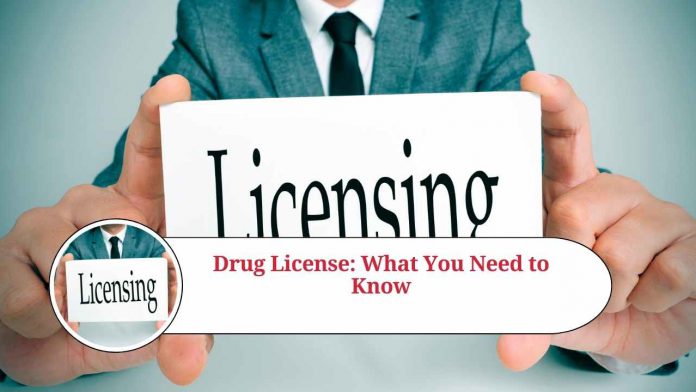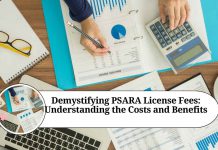The pharmaceutical industry is highly regulated, and for good reason. Medicines have the potential to cure, alleviate pain, and save lives, but they can also cause harm if they are not manufactured, stored, and distributed correctly. To ensure the safety and efficacy of medicines, drug licensing is required.
A drug license is a legal document that allows a person or company to manufacture, distribute, or sell medicines. In India, drug licensing is governed by the Drugs and Cosmetics Act, 1940, and the rules made thereunder. The act defines drugs as substances intended for use in the diagnosis, treatment, mitigation, or prevention of disease, or affecting the structure or any function of the body.
Types of Drug Licenses
There are different types of drug licenses, depending on the activity being carried out:
- Manufacturing License: A manufacturing license is required for the production of drugs. It is further classified into two categories:
a. Formulation: For the manufacturing of finished dosage forms such as tablets, capsules, injections, and syrups.
b. Bulk Drug: For the manufacturing of active pharmaceutical ingredients (APIs) or raw materials used in the production of drugs.
- Wholesale License: A wholesale license is required for the distribution and sale of drugs to retailers, hospitals, and clinics.
- Retail License: A retail license is required for the sale of drugs to patients or consumers.
- Loan License: A loan license is a type of manufacturing license that allows a company to use another company’s manufacturing facility to produce their products.
- Repacking License: A repacking license is required for the repacking of drugs in smaller quantities.
The Process of Obtaining a Drug License
The process of obtaining a drug license can be quite lengthy and complicated, involving various regulatory authorities. Here are the basic steps involved:
- Application: The first step is to submit an application for the desired license to the State Drug Control Authority (SDCA) or Central Drugs Standard Control Organization (CDSCO) depending on the scope of your operation.
- Inspection: The next step is a physical inspection of the premises by drug inspectors appointed by the SDCA or CDSCO. The inspectors will check the premises for compliance with good manufacturing practices (GMP) and other regulatory requirements.
- Approval: After the inspection, the drug licensing authority will review the application and inspection report and grant the license if everything is found to be in order. The license will be valid for a certain period, after which it will need to be renewed.
Compliance Requirements
To maintain a drug license, companies must comply with various regulatory requirements. These include:
- GMP: Good manufacturing practices must be followed to ensure the quality, safety, and efficacy of drugs.
- Record Keeping: Detailed records must be maintained of all activities related to the manufacture, storage, and distribution of drugs.
- Reporting: Adverse drug reactions must be reported to the regulatory authorities, and regular reports must be submitted to show compliance with regulatory requirements.
Conclusion
A drug license is essential for companies operating in the pharmaceutical industry. It ensures that medicines are manufactured, stored, and distributed in a safe and effective manner, and that patients receive high-quality products. Obtaining and maintaining a drug license involves a significant amount of effort and resources, but it is a necessary requirement for those looking to operate in the pharmaceutical industry.
Read more useful content:
Frequently Asked Questions (FAQs)
Q. What is a drug license?
A drug license is a legal document that allows a person or company to manufacture, distribute, or sell medicines.
Q. Why is a drug license required?
A drug license is required to ensure the safety and efficacy of medicines. It ensures that medicines are manufactured, stored, and distributed in a safe and effective manner, and that patients receive high-quality products.
Q. What are the different types of drug licenses?
The different types of drug licenses include manufacturing license, wholesale license, retail license, loan license, and repacking license.
Q. Who issues drug licenses in India?
Drug licenses in India are issued by the State Drug Control Authority (SDCA) or the Central Drugs Standard Control Organization (CDSCO), depending on the scope of the operation.
Q. What are the requirements for obtaining a drug license?
To obtain a drug license, the applicant must comply with the regulatory requirements, including good manufacturing practices (GMP), record-keeping, reporting, and inspection.
Q. How long does it take to obtain a drug license?
The process of obtaining a drug license can be quite lengthy and complicated, and it may take several months to complete.
Q. What is the validity of a drug license?
The validity of a drug license varies depending on the type of license and the regulatory authority. It typically ranges from one to five years, after which it must be renewed.




















